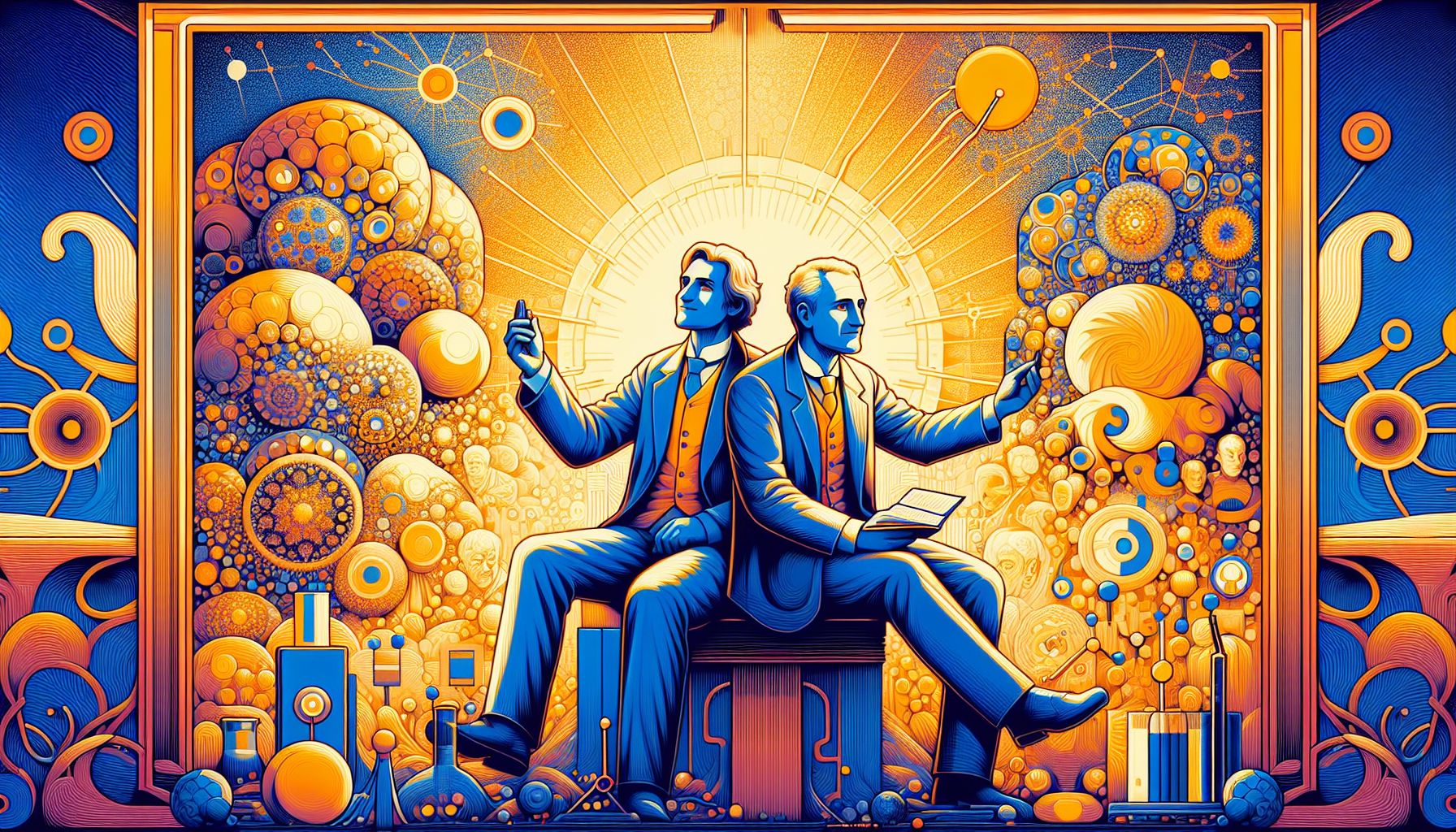AI Pioneers Hinton and Hopfield Clinch Nobel Prize in Physics

Stockholm, Tuesday, 8 October 2024.
Geoffrey Hinton and John Hopfield have been awarded the 2024 Nobel Prize in Physics for their groundbreaking work in artificial intelligence. Their research on neural networks has revolutionized machine learning, enabling advancements in various fields while also raising concerns about AI’s future impact on society.
The Innovators Behind the Revolution
Geoffrey Hinton, often referred to as the ‘Godfather of AI,’ and John Hopfield, a distinguished physicist, have been pivotal in shaping the landscape of artificial intelligence through their pioneering work on neural networks. Hinton, a professor at the University of Toronto, and Hopfield, a professor at Princeton University, USA, have together laid the foundational blocks for machine learning technologies that power many modern AI applications[1][2].
Breaking Down Neural Networks
At the core of their groundbreaking achievements lies the concept of artificial neural networks—systems inspired by the human brain’s structure. These networks consist of interconnected nodes, akin to neurons, that process data in ways similar to human cognition. John Hopfield’s introduction of the ‘Hopfield network’ in 1982 marked a significant milestone, enabling pattern storage and retrieval[3]. Building on this, Geoffrey Hinton developed methods to classify data autonomously, enhancing machine learning’s ability to recognize patterns and perform complex tasks, such as facial recognition and language translation[4].
Impacts Across Multiple Domains
The implications of Hinton and Hopfield’s work extend far beyond theoretical physics. Their innovations have transformed fields like climate modeling, solar energy optimization, and medical imaging analysis, demonstrating the versatility and power of AI technologies[5]. For instance, their work has enabled the development of algorithms that improve the accuracy of climate forecasts and the efficiency of solar cells[6].
Balancing Benefits with Concerns
Despite the vast potential of their discoveries, both Hinton and Hopfield have expressed caution regarding the rapid evolution of AI. Hinton, who resigned from Google in 2023, has voiced concerns about AI’s ability to surpass human intelligence and the ethical implications of its widespread adoption. He advocates for a universal basic income to mitigate potential job losses due to AI advancements[7]. Ellen Moons, chair of the Nobel Committee for Physics, echoed these concerns, highlighting the responsibility of ensuring AI is used ethically for the benefit of humanity[8].
A Nobel Recognition
The Nobel Prize in Physics, awarded on 8 October 2024, includes a monetary award of 11 million Swedish kronor, funded by the legacy of Alfred Nobel[9]. This accolade not only celebrates Hinton and Hopfield’s contributions to AI but also underscores the critical role of interdisciplinary collaboration in advancing scientific innovation. As the world navigates the opportunities and challenges presented by AI, the work of these laureates remains a beacon for responsible and impactful technological progress[10].

